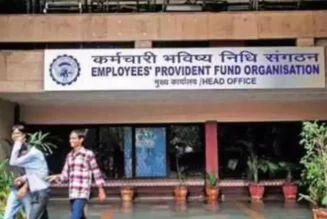According to the Ministry of Food Processing Industries, Rs 8,910 crore has been invested across 213 locations in the country through the productivity linked income or PLI scheme for the food processing industry (PLISFPI). The scheme/investment was approved by the Union Cabinet in March 2021, with a budget of Rs 10,900 crore set out for implementation from 2021-22 to 2026-27. And yes, the scheme has produced results. Around 2.89 lakh employment have been created (as of October 31, 2024).
The initiative enrolled approximately 171 applications, with beneficiaries chosen through a one-time process. Of course, there were public awareness initiatives to promote the plan, resulting in increased participation.
The program forbids the use of flavourings, additives, and edible oils during production. Consequently, there is now a greater dependence on regional farmers and rural regions for basic commodities. Farmers and residents have benefited from this by having more financial stability. The goal is to concentrate on locally produced raw ingredients for processed foods. As a result, there are now more occupations outside of agriculture, which has improved rural communities’ economic growth.
The government has been actively supporting small and medium-sized businesses that process food.
SMEs have benefited from technical, financial, and even marketing support from programs like the Pradhan Mantri Kisan Sampada Yojana (PMKSY), PLISFPI, and the Pradhan Mantri Formalisation of Micro Food Processing Enterprises (PMFME) scheme.
70 MSMEs have directly enrolled in the PLI initiative, and 40 have indirectly contributed by contract manufacturing for larger companies.
Fifty percent of the grantees’ overseas marketing and branding expenses are reimbursed by the program. This expenditure is limited to three percent of their annual revenue from food sales or fifty crore, whichever is less. To be eligible, applicants must spend a minimum of 5 crore over five years.









